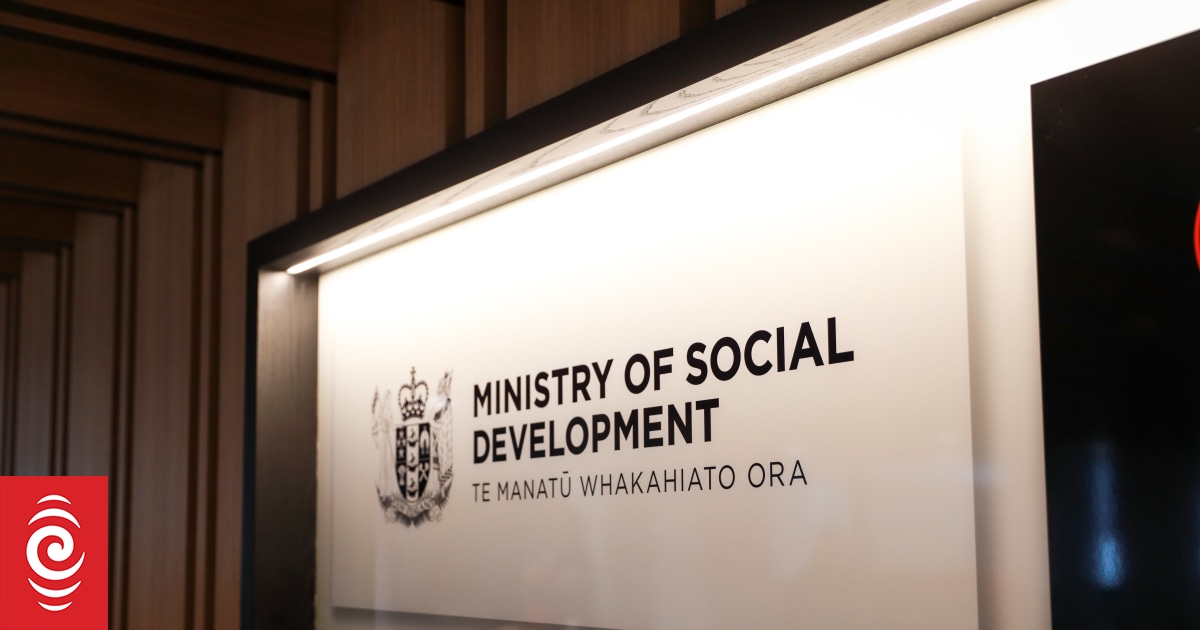The Ministry of Social Development’s system makeover is going ahead, with the full rollout happening over 10 years.
Photo: RNZ / Rebekah Parsons-King
Ministry of Social Development (MSD) has looked at dumping its billion-dollar technology makeover, but instead is going ahead with it, and at a cheaper estimated price.
The project Te Pae Tawhiti aims to overhaul 30-year-old IT systems so clunky they hold up benefits.
The government recently said that nearly one in four beneficiaries could be receiving the wrong level of support due in part to staff having to navigate multiple frontline IT systems.
A newly released risk assessment showed a “likely” risk, with “severe” consequences to the project if government priorities changed, hitting timeframes and costs.
The papers show the government ordered the Ministry for Social Development to take another look at the whole thing.
Photo: RNZ / Samuel Rillstone
“Given our government’s priorities and focus on fiscal sustainability, I directed MSD to reassess the future of the programme,” social development and employment minister Louise Upston said.
The options included to dump it, or do a reduced version, but MSD has dispensed with those.
“Only transformation of both MSD’s operating model and technology systems delivers more savings than costs,” a Cabinet briefing on the business case said.
So it is still going ahead with a full rollout over 10 years. In the first two it had spent just over $180m.
However, the new estimated cost is about 15 percent lower than before, at between $1.8-$2.1 billion. A June 2023 estimate was $2.1-2.6 billion.
It is unusual for government IT projects to come down in cost.
“MSD has been able to adapt the programme based on lessons learned in the first two years, as well as the experiences of other similar organisations that have undergone similar transformations, both in New Zealand and overseas.”
The new systems would help get more people into jobs, the briefing said.
“In the medium term enabling MSD to improve its capability to help clients find and sustain jobs will mean that more New Zealanders are able to financially support themselves and their families.
“The predicted increase in the number of people entering paid employment due to the transformation programme is likely to have a positive impact on” women, Māori and Pacific people as they were disproportionately more likely to receive income support than other population groups.
A review of how it was going last November rated the project “amber-green” (red is what agencies want to avoid) and said it had “considerable momentum”, so long as it won funding.
Sign up for Ngā Pitopito Kōrero, a daily newsletter curated by our editors and delivered straight to your inbox every weekday.

